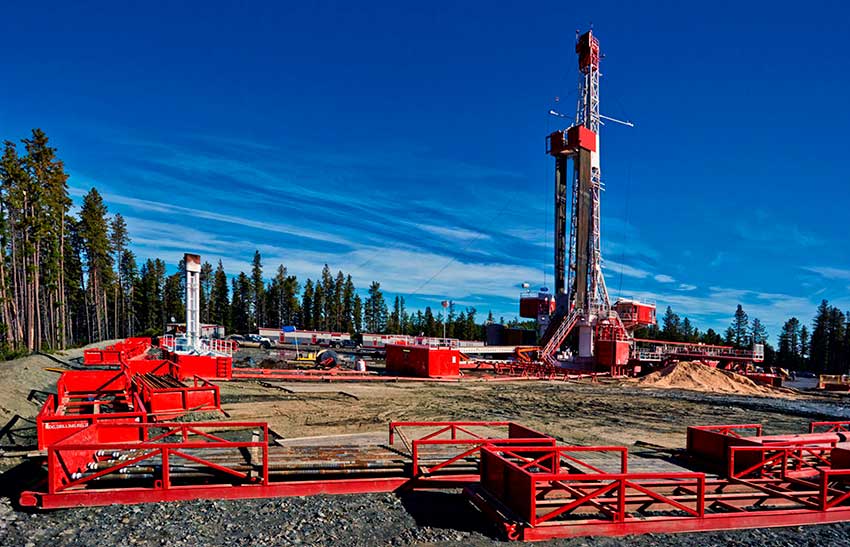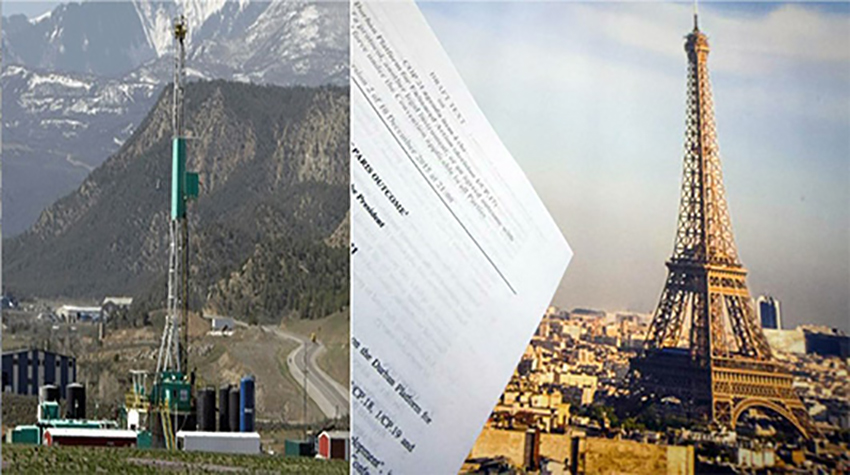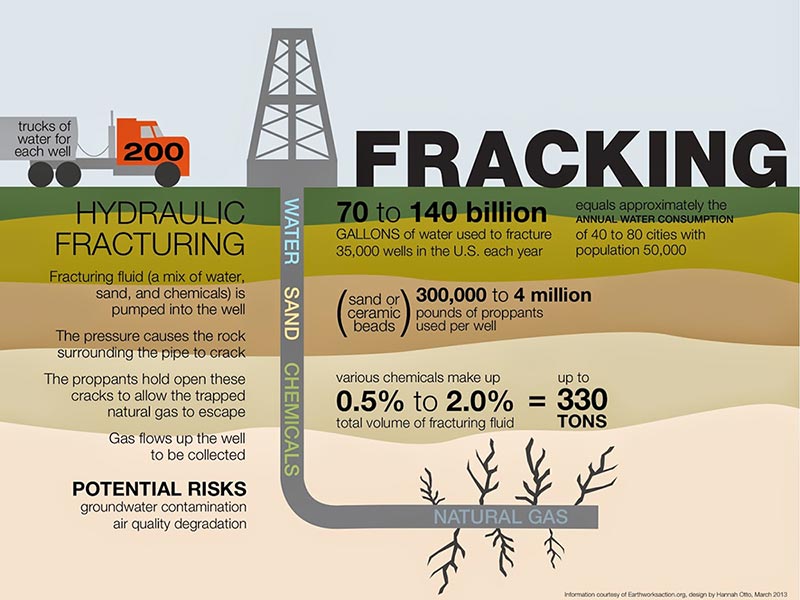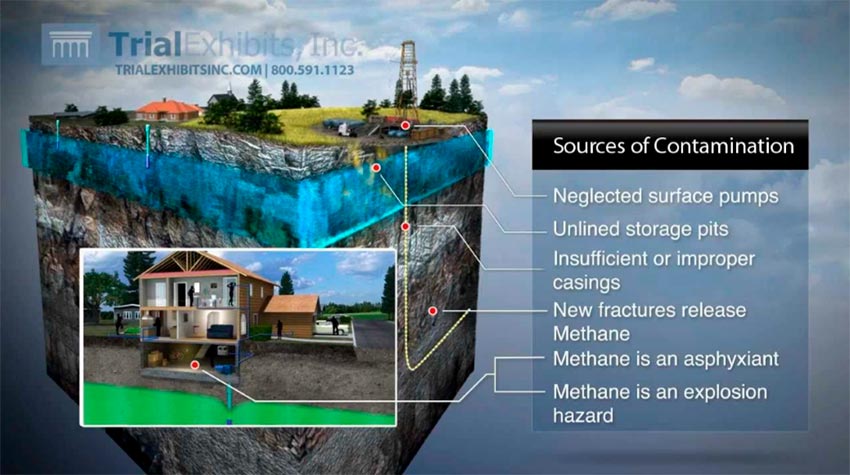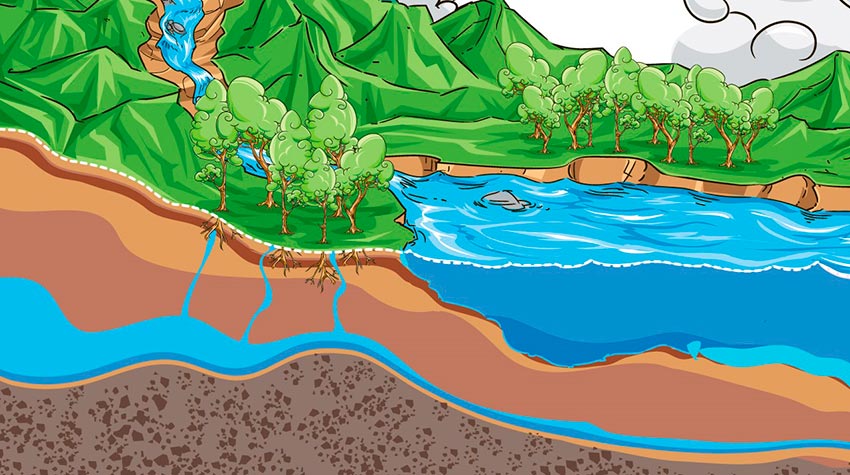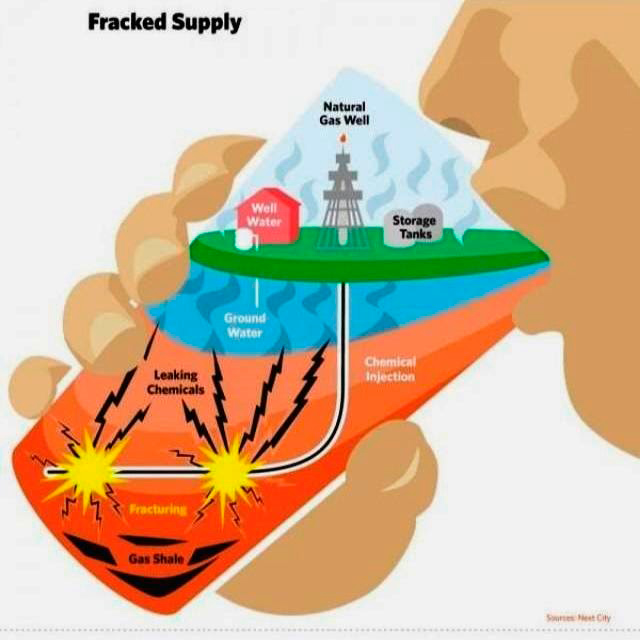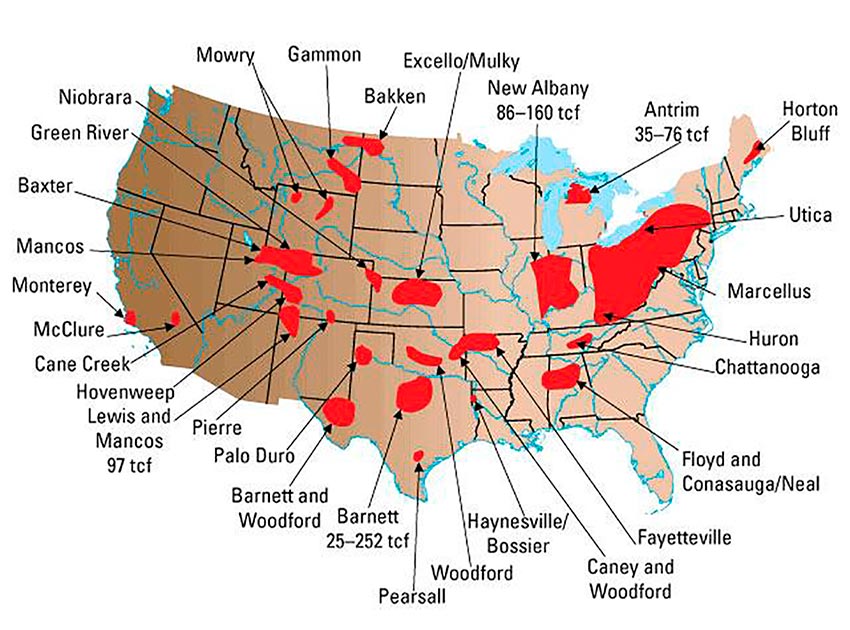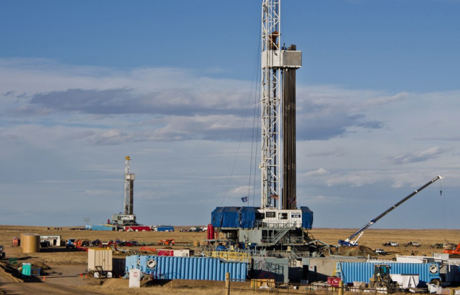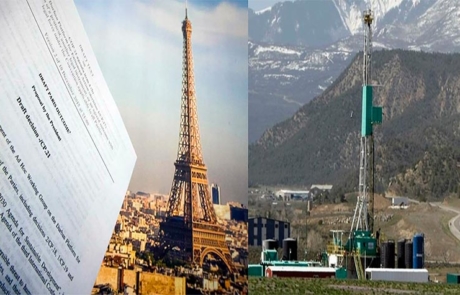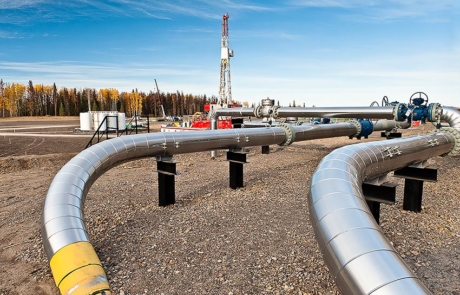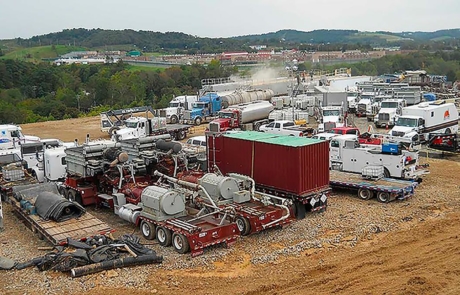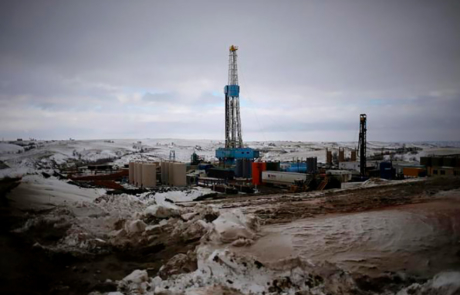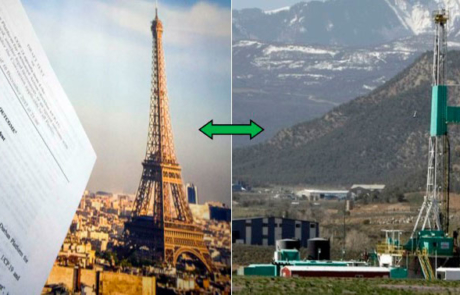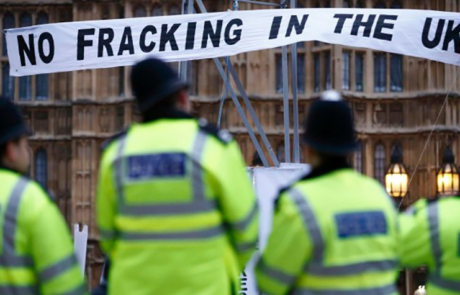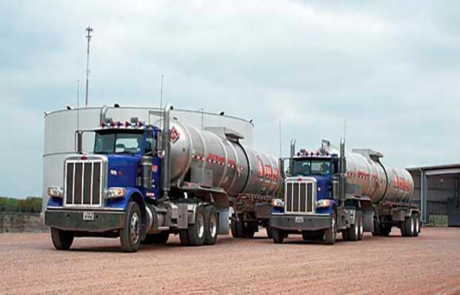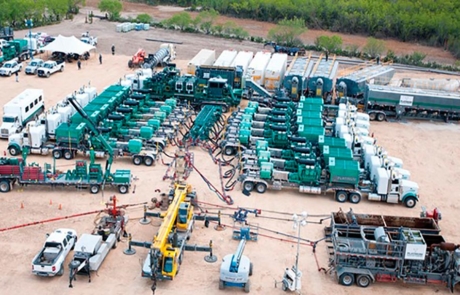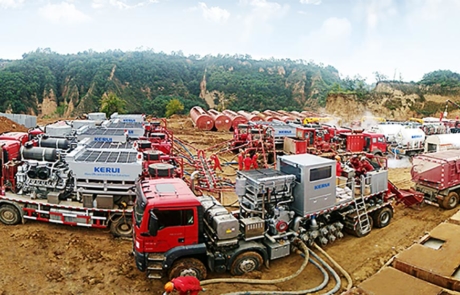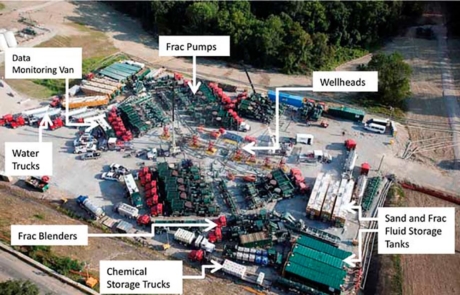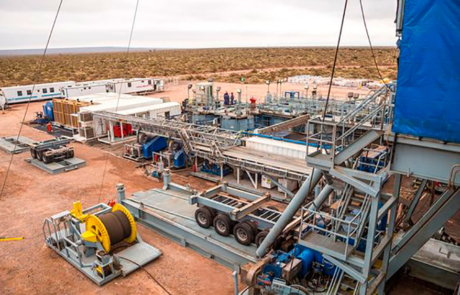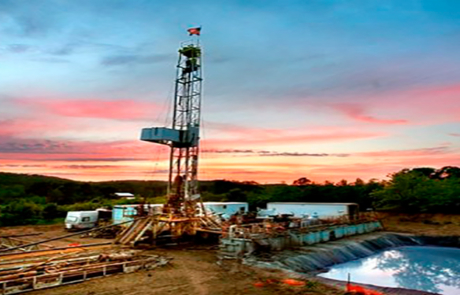9. In what countries is fracking done?
According to the publication of the US Energy Information Administration, only four countries in the world produce shale gas or shale oil commercially. Only the United States, Canada, China and Argentina extract enough volumes of shale gas and shale oil to market them. The United States is the fastest-growing country in the production of shale oil, using combined techniques of deep vertical-horizontal drilling and hydraulic rock stimulation by fracking. There are about 45 countries with proven or probable reserves of shale, but not all are exploitable, some for technical reasons and others because of the low quality of the hydrocarbons. Colombia and Mexico are currently trying to use fracking. Russia and Algeria could use fracking in the future.
Australia. The Reuter agency reported on 04-16-2018 that “the moratorium on fracking in the Northern Territory will be lifted, with new strict laws before exploration or production can occur,” according to statements by Prime Minister Michael Gunner. The announcement “raised hopes for the industry to end fracking bans in Australia, where the process has become a hot spot between a national government desperate to stifle rising gas prices and environmental opposition.”
According to news on 05-17-2018, London announced a plan to accelerate fracking developments through “fast track” planning, designed for private companies. According to one study, more than 6,000 hydraulic fracturing wells are needed to halve gas imports from the United Kingdom. If a consultation on shale gas exploration is accepted as “permitted development”, companies could drill without needing planning permission, environmental impact assessment or the approval of local governments.
South Africa. The news agency of EFE, dated 03-30-2017 reported that the South African government gave the green light to the use of fracking in the “emblematic Karoo desert”, with an area of 400 thousand km2, from where it hopes to extract more than 1.4 trillion cubic meters of shale gas. At the beginning of 2018 Cape Town announced that due to the severe drought it was close to becoming the first city on the planet to run out of water. The so-called “zero day” caught the attention of the world. In the end, with the arrival of the rains the dams did not reach their capacity of critical levels. In view of the recurrent droughts, it will not be easy for South Africa to continue with its fracking plans, since this technology requires billions of tons of water.
The extraction of petroleum by means of unconventional techniques can represent a solution aimed at achieving the energy independence of some nations, but at the same time it multiplies the emissions of greenhouse gases. Fracking contravenes the Paris Agreement, which aims to combat the effects of climate change, mainly by replacing fossil fuels with clean energy.
Other FAQs about Fracking
1. What is fracking?
2. What products are obtained with fracking?
3. How is the fracking procedure?
4. When was fracking first used?
5. Is fracking dangerous?
6. How does fracking affect the environment?
7. How does fracking affect climate change?
8. What are shale gas and shale oil?
9. In what countries is fracking done?
10. Are there regulations for fracking technology?
11. In which countries is fracking prohibited?
Other sections of Fracking

Fracking fever, a real threat to Paris Agreement
The failure of the Paris Agreement would be the failure of Homo sapiens. If we do not reverse the increase in global warming and we do not support sustainability on our planet, we will all be losers. There are clear indications that we are going in a opposite direction to the 2015 agreements, as can be seen in this paper. The increasing fever of the fracking, due to the cheapening of the processes of extraction…

Fracking or hydraulic fracturing
Fracking, or hydraulic fracturing, is an unconventional method of extracting oil and gas that requires vertical and horizontal drilling at great depths. The first commercial hydraulic fracturing was achieved as recently as 1998. Fracking is a very controversial technology since it prolongs the use of fossil-fuel hydrocarbons…

